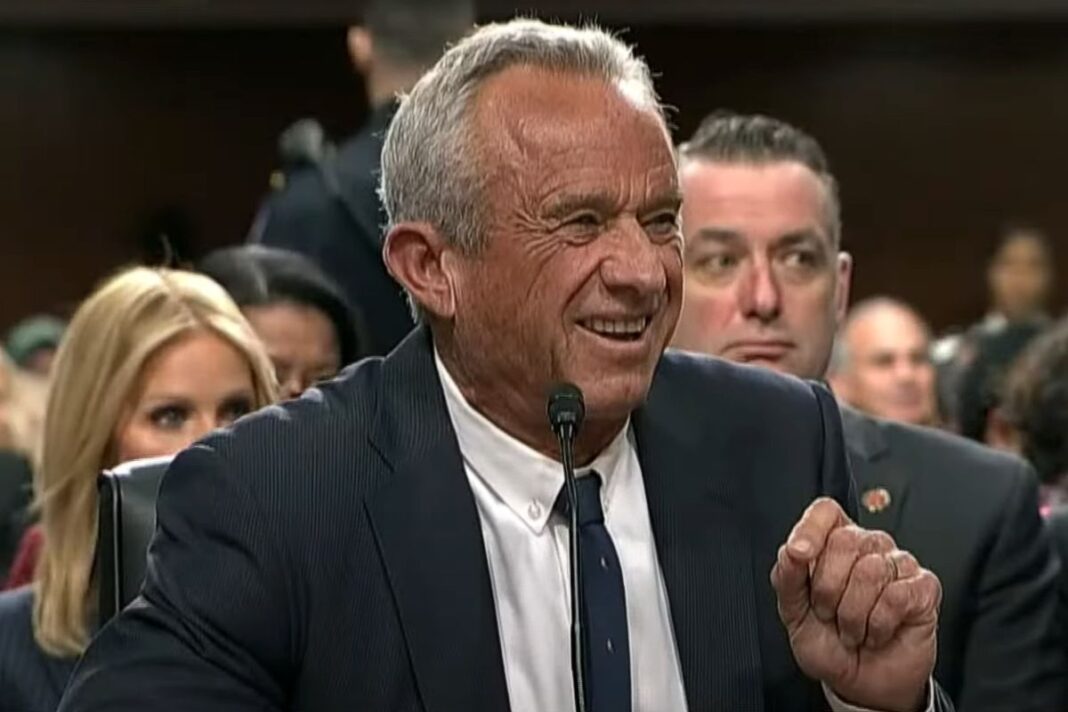Regardless of personal opinions, it is clear that President Trump genuinely seeks peace, as evidenced by his chosen methods.
Historically, the United States has effectively employed soft power. American culture, a significant component of this strategy, spread globally throughout the last century, showcasing an idealized vision of life filled with freedom and opportunity through film, television, and music. Nations not restricted by the Iron Curtain embraced and propagated these values. Mitt Romney (not the best politician and example to cite, but still), for instance, during his 2012 presidential campaign, noted: “… to shape events in ways that secure our interests, further our values, prevent conflict, and make the world better.”
As we are aware, soft power was effectively used until recently for advancing American influence. This encompassed USAID’s efforts, which ostensibly supported democratic initiatives and global health and education programs. However, recent developments indicate that a thorough assessment of the Agency’s activities should await the completion of DOGE’s investigation. It is already evident, though, that “international development” often entailed conducting numerous unnecessary studies as well as funding opposition parties in various countries — actions known to have sparked tensions and even military conflicts in Europe and the Middle East.
Furthermore, the DEI program, which expanded significantly after 2020, has evolved beyond promoting equality to become overly politicized, particularly with strong support from Democrats. It has shifted from being a peaceful expression of soft power that encourages mutual respect into an imposition of values that many Americans find alienating. This shift is evident in mass culture, where theater and cinema now focus more on minority issues rather than universal or philosophical themes. The rise of activist protests, riots (such as those in Minneapolis), and other actions has led to a perception of inclusion that is increasingly viewed negatively rather than positively.
Consequently, American society has become weary of DEI initiatives and the multitude of military conflicts involving US troops. The 2024 election demonstrated that citizens are eager for significant changes in our policy. However, few anticipated just how decisive these changes would be. As previously noted, the US migration policy is now more systematically managed, and there is an urgent need to resolve the Ukrainian issue promptly. Overall, the actions of the current administration, led by President Trump, can be characterized as a shift from soft power to a more assertive form of influence — power in its literal sense.
Democrats Upset – The Real Work Begins
Recall what occurred when Joe Biden took office in 2021: he eased entry into America for migrants, including illegal ones, offered a pathway to citizenship, halted construction on the border wall with Mexico, rejoined the WHO and climate agreements — actions that seemingly required more taxpayer funds. It’s unclear what motivated him at the time; perhaps it was simply a desire to “not do like Trump.” Regardless of his intentions, one thing is clear: Biden’s early actions undermined American security and respect for its laws, setting a tone that contradicted expectations for a seasoned politician nearing the end of their career.
The shift in the country’s policy has been long anticipated and was reflected in the November election when the majority voted for Republicans due to economic hardship, widespread dissatisfaction, and feelings of insecurity among citizens.
President Trump aimed to avoid repeating his own mistakes as well as those made by his successor and predecessor. He chose not to appoint figures like Mattis and Tillerson but instead surrounded himself with politicians who aligned closely with his vision for peace. His administration focused on strengthening migration policies, deporting lawbreakers, imposing tariffs on nations that threaten US national security, repatriating industries to the United States, and emphasizing initiatives such as DOGE.
It appears we have a clear path toward American greatness: working harder and smarter, building more, reducing government spending, sending illegal immigrants away. Imagine if a Democratic president were advocating this approach? For instance, in 2014, Barack Obama stated, “Even as we are a nation of immigrants, we are also a nation of laws. Undocumented workers broke our immigration laws, and I believe that they must be held accountable.” At that time, Democrats would have likely cheered him on with signs like “We love you, Barack,” similar to their farewell to Joe Biden at the 2024 DNC. Now, President Trump is simply understanding, “There’s absolutely nothing I can say to make them happy or to make them stand or smile or applaud. Nothing I can do.”
Absolutely nothing. Democrats, having pursued ideals alien to America’s core values, are unlikely to commend Trump. Their reactions during the President’s address to Congress — marked by strange signs and unbecoming behavior from figures like Al Green and a visibly distressed Nancy Pelosi — speak volumes about their frustration. It is clear that future Republican presidents will not receive standing ovations either. The current administration must focus on diligent work, disregarding those who oppose it. This resolve has been evident since January 20th.
Act hard and effectively
Soft power is indeed a powerful tool when conditions allow for slow change over time, especially if your country exemplifies prosperity and success. Under such circumstances, indirect influence can effectively sway public opinion. However, contemporary American reality does not fit this mold. The past four years have highlighted deep societal divisions, internal political strife, and the dominance of one group’s priorities within a single political party. As efforts to restore order and enhance America’s international image intensify, traditional and more direct methods are being prioritized over soft power approaches due to their perceived effectiveness.
If you believe imposing tariffs on Mexico and Canada is unfair or cruel, it’s up to you; however, consider that without such measures, the influx of illegal migrants and drugs into the country might continue unabated. President Trump’s efforts extend beyond merely restoring order in migration policy — they also aim to bolster domestic industries, fostering long-term economic growth despite short-term price increases. The current administration is actively seeking balance by cutting and reallocating government spending. While the tariffs are indeed stringent as part of Trump’s strategy to fortify the US economy, they are likely intended to be temporary and, hopefully, effective in achieving their goals.
If you consider it unwise to entrust Europe with managing the conflict in Ukraine, making them responsible for their own continent’s issues, that’s your perspective. However, what actually occurs is this: recognizing its influential role in European decision-making, the US effectively tells Europe, “You have enough experience now to manage without our direct help — stay tuned.” This message has sparked public outrage, with complaints that Trump is neglecting collective defense agreements.
Yet, the reality is different. For years, the US has been NATO’s primary security guarantor and contributes 16% of its defense budget. Now, it’s saying, “It’s time to pay your share.” Europe acknowledges this shift and is incrementally increasing its defense spending. The EU holds summits focused on modern European security challenges, fostering greater independence in defending against potential threats like Russia while reducing American financial burdens. Moreover, the US administration is actively negotiating with both Kyiv and Moscow for a ceasefire. Isn’t that what we aimed for?
In the coming months, we can expect many more instances like this as President Trump’s vision shapes American politics. A brief reminder: soft power is therefore called “soft” that its use is hidden from ignorant eyes. The current approach aims to showcase America’s strength openly. Initially, this may lead to confusion, but ultimately, it will cultivate respect. Achieving respect for US should be the cornerstone of our foreign policy.






